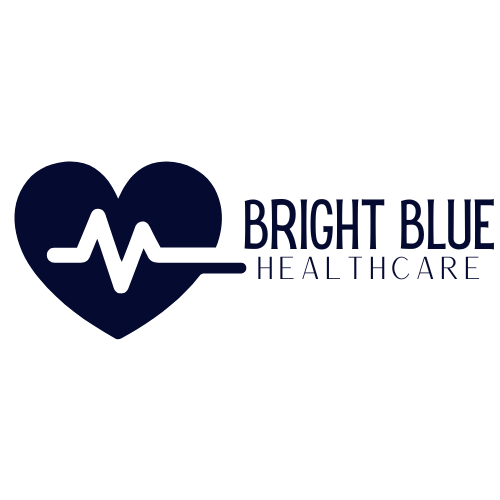As medical professionals, our commitment to providing the highest quality care to our patients extends far beyond the walls of our clinics or hospitals. In order to stay up-to-date with the constant advancements in medical knowledge and technologies, it is crucial for healthcare professionals to prioritize continuing education. By participating in ongoing learning opportunities, medical professionals can enhance their skills, improve patient outcomes, and contribute to the advancement of healthcare as a whole.
The Ever-Evolving Field of Healthcare
The field of healthcare is constantly evolving, with new research, treatments, and technologies being developed at a rapid pace. As medical professionals, it is our responsibility to stay informed about these advancements in order to provide the best possible care to our patients. Continuing education allows us to keep abreast of the latest developments, ensuring that our knowledge and skills remain current and relevant.
Advancements in Medical Knowledge and Treatments
Medical knowledge is expanding exponentially, with new discoveries and breakthroughs occurring on a regular basis. By engaging in continuing education, medical professionals can learn about these advancements and how they can be integrated into their practice. This knowledge can lead to improved diagnostic accuracy, more effective treatment plans, and ultimately, better patient outcomes.
Furthermore, continuing education provides an opportunity for medical professionals to specialize and focus on specific areas of interest or expertise. As the saying goes, “jack of all trades, master of none.” By investing time and effort into further education, healthcare professionals can become true experts in their chosen fields, offering specialized care and innovative approaches to patient treatment.
Keeping Pace with Technological Advancements
In addition to advancements in medical knowledge, technology continues to revolutionize healthcare. From electronic medical records to telemedicine, technology has the potential to greatly enhance patient care and improve efficiency in healthcare delivery. However, in order to fully leverage these technological advancements, medical professionals must be knowledgeable and skilled in their use.
Continuing education provides an opportunity to stay up-to-date with the latest technologies and learn how to integrate them into practice. By understanding how to use electronic health records effectively, for example, healthcare professionals can streamline administrative tasks and spend more time providing direct patient care. Similarly, by learning how to use telemedicine platforms, medical professionals can extend their reach and provide care to patients who may not otherwise have access to healthcare services.
Fostering Professional Development and Collaboration
Continuing education is not just about acquiring new knowledge and skills; it is also about personal and professional growth. By engaging in ongoing learning, medical professionals can expand their horizons, gain fresh perspectives, and challenge their existing ways of thinking. This intellectual stimulation can invigorate their practice and bring new ideas and approaches to patient care.
Furthermore, continuing education provides opportunities for healthcare professionals to collaborate and network with colleagues from diverse backgrounds and specialties. These interactions can foster interdisciplinary collaboration, allowing for the exchange of ideas, best practices, and innovative solutions. Collaboration not only benefits individual practitioners but also contributes to the advancement of the healthcare field as a whole.
Conclusion
In an ever-evolving field like healthcare, continuing education is not a luxury; it is a necessity. By staying up-to-date with advancements in medical knowledge and technology, healthcare professionals can deliver the highest quality care to their patients. Additionally, continuing education promotes professional growth, facilitates collaboration, and plays a crucial role in advancing the field of healthcare. As medical professionals, let us make a commitment to lifelong learning and embrace the opportunities that continuing education provides us. Together, let us strive for excellence in patient care and contribute to the betterment of healthcare as a whole.




